When the Covid-19 pandemic hit in March 2020, it threatened the entire world. Those facing the greatest threat were people who had been forced to flee. People who were already struggling to get a roof over their heads, clean water, food, work, education, medicine and health care. Now they had another crisis to deal with.
In September 2020, the Norwegian Refugee Council (NRC) published a report showing that more than three quarters of displaced people had lost income since the start of the pandemic. The sharp economic downturn had forced many into hunger, homelessness and an education crisis.
The pandemic also threatened humanitarian aid organisations. How would we be able to continue the work of providing life-saving help to millions of displaced people?
“At the end of March 2020, a number of humanitarian aid organisations withdrew their international staff from many countries,” says Marit Glad, Director of Programme Development and Support at NRC.
“But we mostly managed to keep our management teams on the ground and our local staff did – and continue to do – a fantastic job. We succeeded because we have extensive experience in providing help to people who live in hard-to-reach areas.”
Read more about how we managed to keep the wheels in motion and mobilise to fight the pandemic.
How we help displaced people during the Covid-19 pandemic:
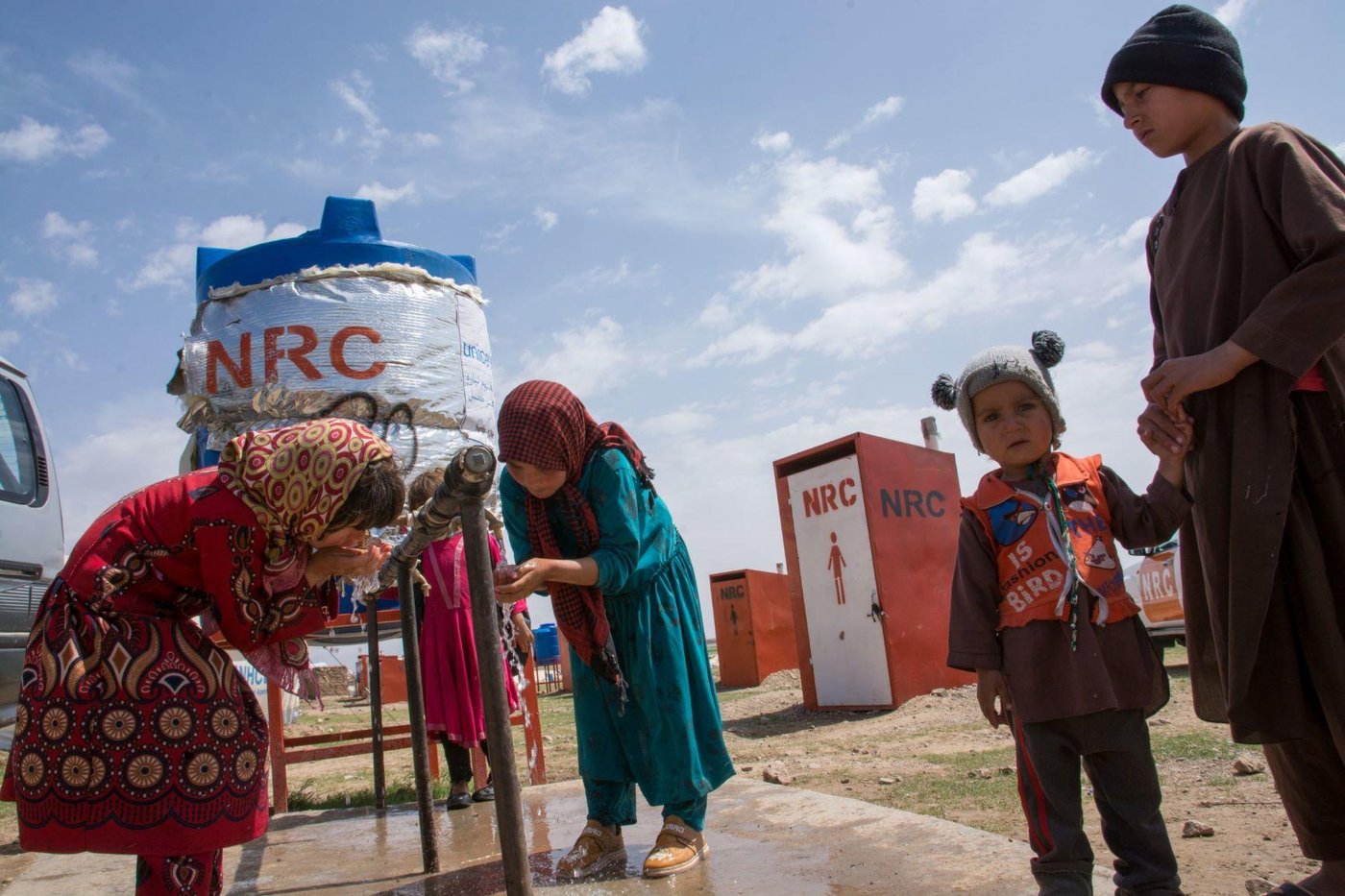
#1: Ensuring access to clean water
In this camp outside the provincial capital Herat in Afghanistan, we ensure that more than 10,000 people who have fled drought and violence have access to clean water.
Good hygiene routines, such as handwashing, are among the most effective ways to prevent viruses from spreading. NRC works hard to secure the water supply and encourage good hand hygiene in refugee camps and schools.
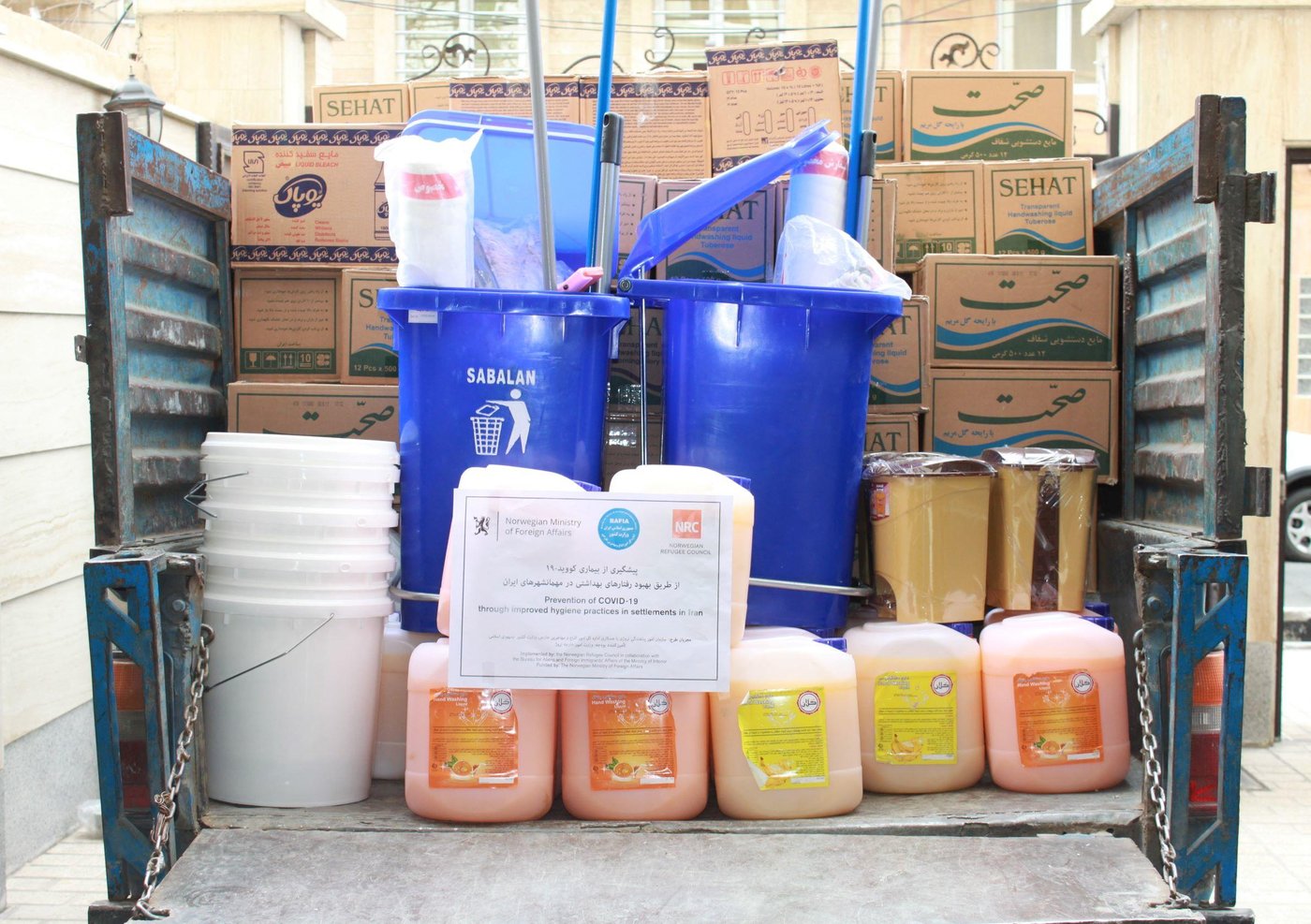
#2: Distributing soap
NRC has distributed soap and other hygiene items to thousands of refugees. Iran is home to thousands of Afghan refugees and is also the country in the Middle East hardest hit by the coronavirus.
Here, many displaced people live in poverty and struggle to meet their most basic needs. In some places, the crisis has led to a sharp rise in prices, which means that many of the most vulnerable families cannot afford to buy soap.
Read how soap saves lives.
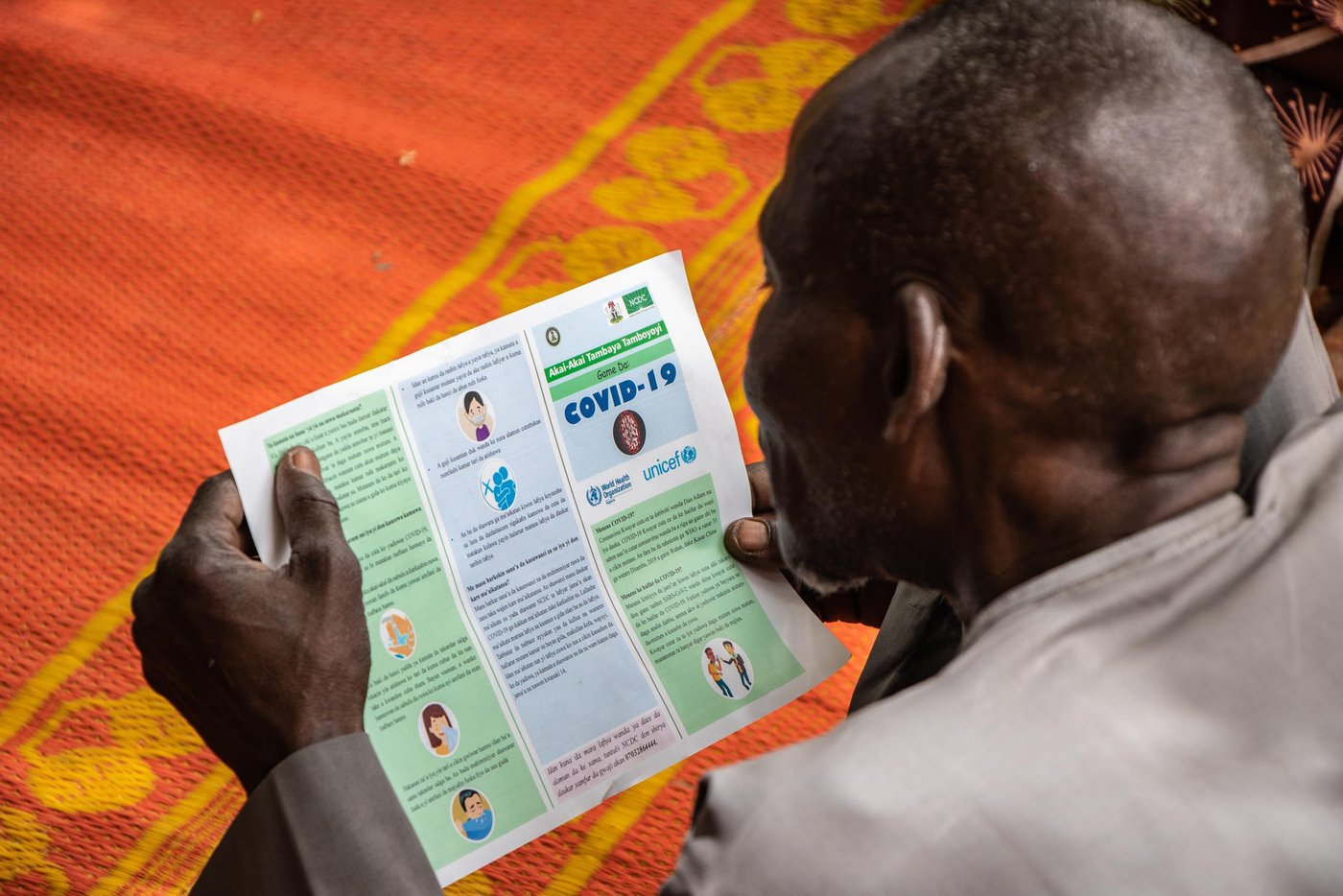
#3: Providing information
In Nigeria, we distribute information materials and carry out campaigns so the population can protect themselves against Covid-19.
NRC is working with the national health authorities in several countries. In some places, we have been going door-to-door to provide information and share knowledge on how people can protect themselves and prevent the spread of the virus.
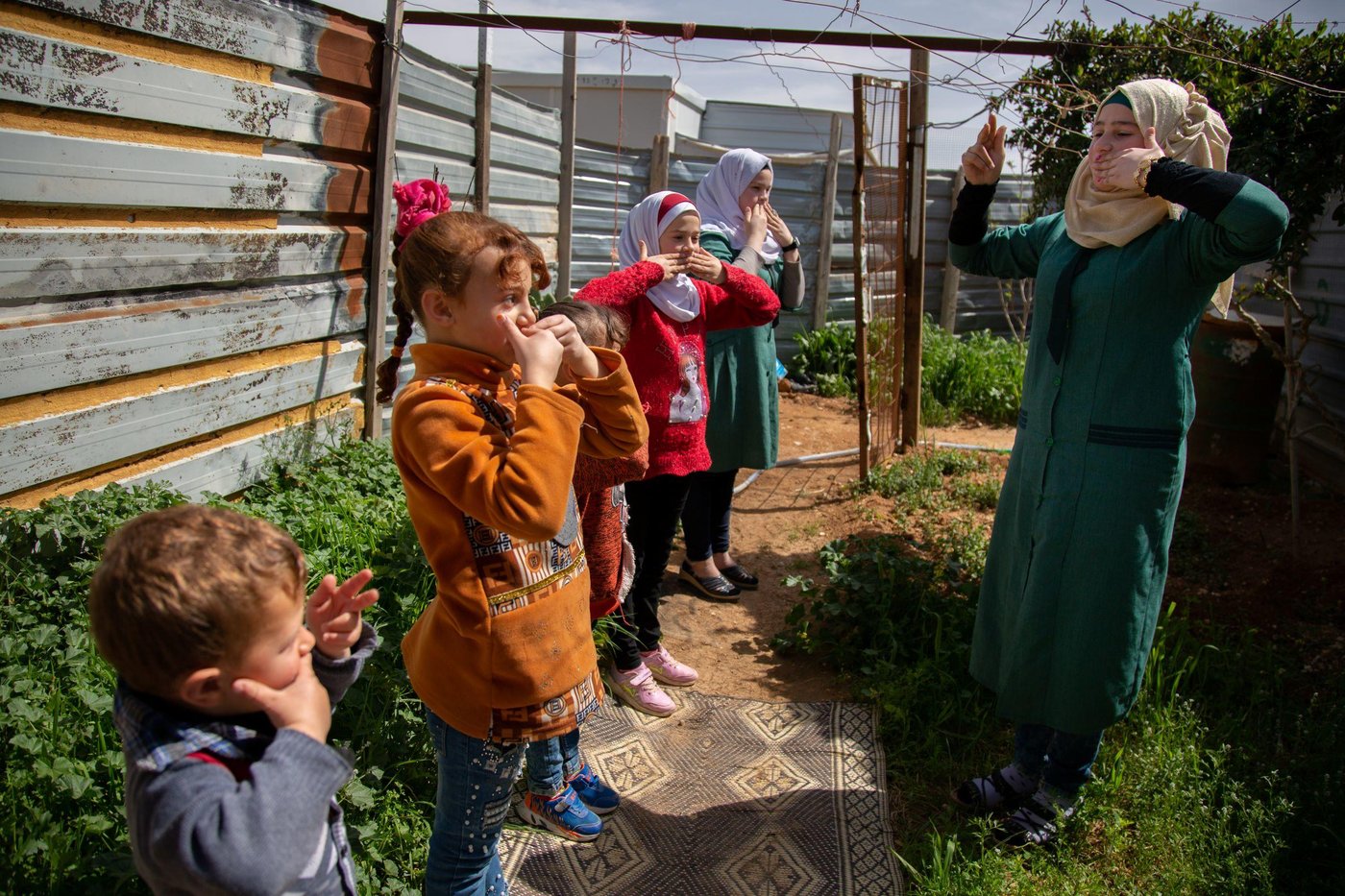
#4: Providing education and help for children
In Zaatari refugee camp in Jordan, we support the home-schooling efforts of teachers, parents and children, including through the use of a special app. We have also created an emergency telephone line for children and parents, so that they can get help to deal with uncertainty and stress in the current difficult situation.
For displaced children, school is a place that provides protection, where they can process trauma and experience a touch of normality. Their home life is often characterised by close living quarters and little opportunity for play or recreational activities. When the pandemic leads to school closures, children are hit especially hard.
A survey conducted by NRC shows that fear of the coronavirus has led to an alarming increase in stress levels in displaced children in the Middle East.
Read more about how the pandemic affects children.

#5: Providing money and food aid
NRC’s staff are going door-to-door in the city of Cali, Colombia, to help provide food and other essentials for the most vulnerable families, including refugees from neighbouring Venezuela.
Many refugees and internally displaced people have limited opportunities for paid work, and the coronavirus crisis has made the situation even more difficult. NRC is working to ensure that money and food aid reach the most vulnerable.
Read how we are supporting vulnerable families in Colombia.
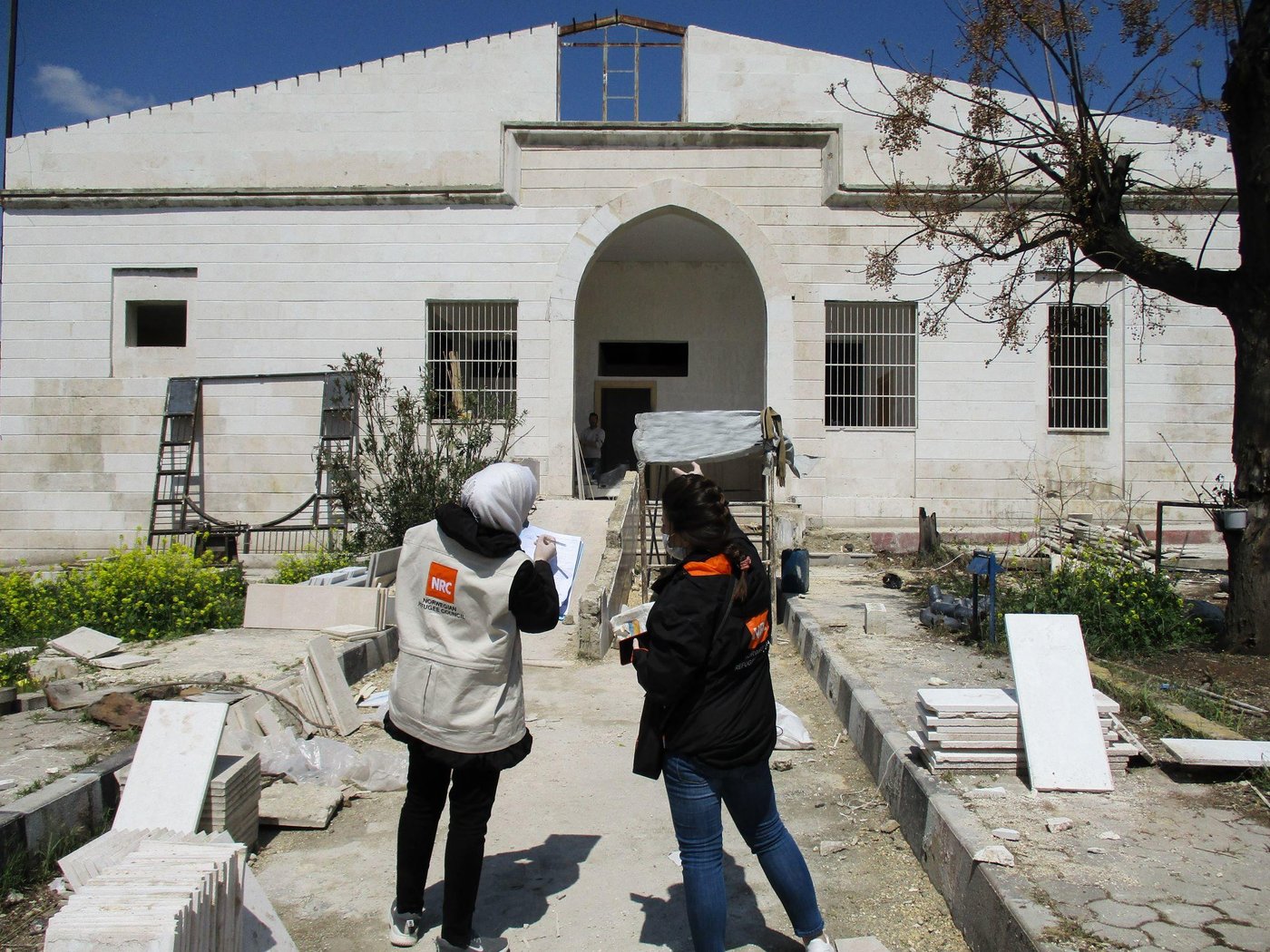
#6: Renovating medical facilities
In Aleppo, Syria, we have renovated a health centre to accommodate patients infected with Covid-19.
Millions of refugees and internally displaced people live in war-torn countries with limited access to medicines and health services. Often, large parts of the infrastructure are in ruins and hospitals and health centres have been destroyed during fighting. We work with the authorities to renovate medical facilities.
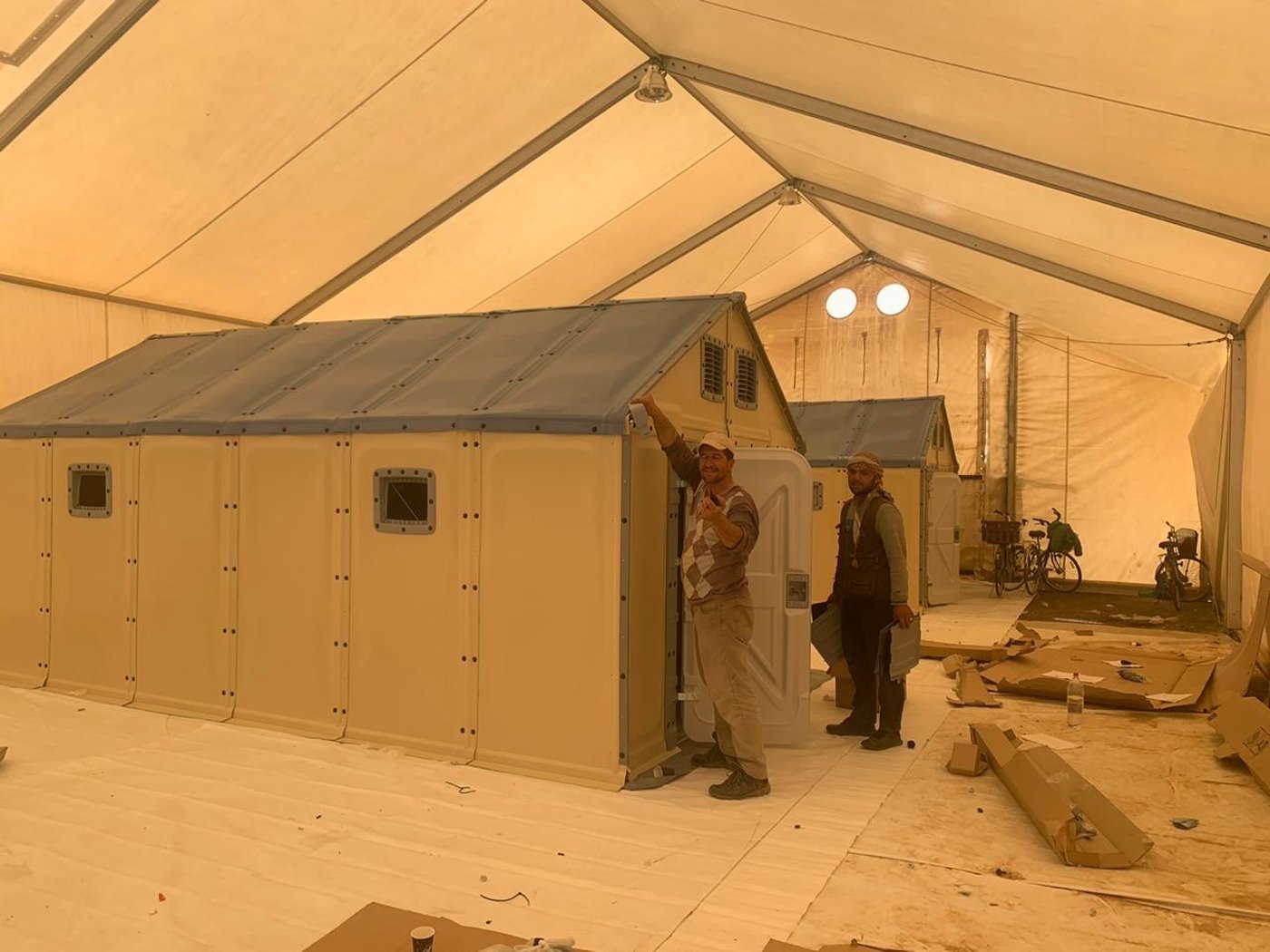
#7: Preventing the spread in refugee camps
In cooperation with the UN refugee agency (UNHCR), NRC has built quarantine housing for Syrian refugees in Jordan’s Azraq camp.
Family members who have been outside the camp can stay here for 14 days to reduce the risk of infecting others in the camp.
There is a high risk of infection spreading in refugee camps, where people live in close proximity with no way of practising social distancing.
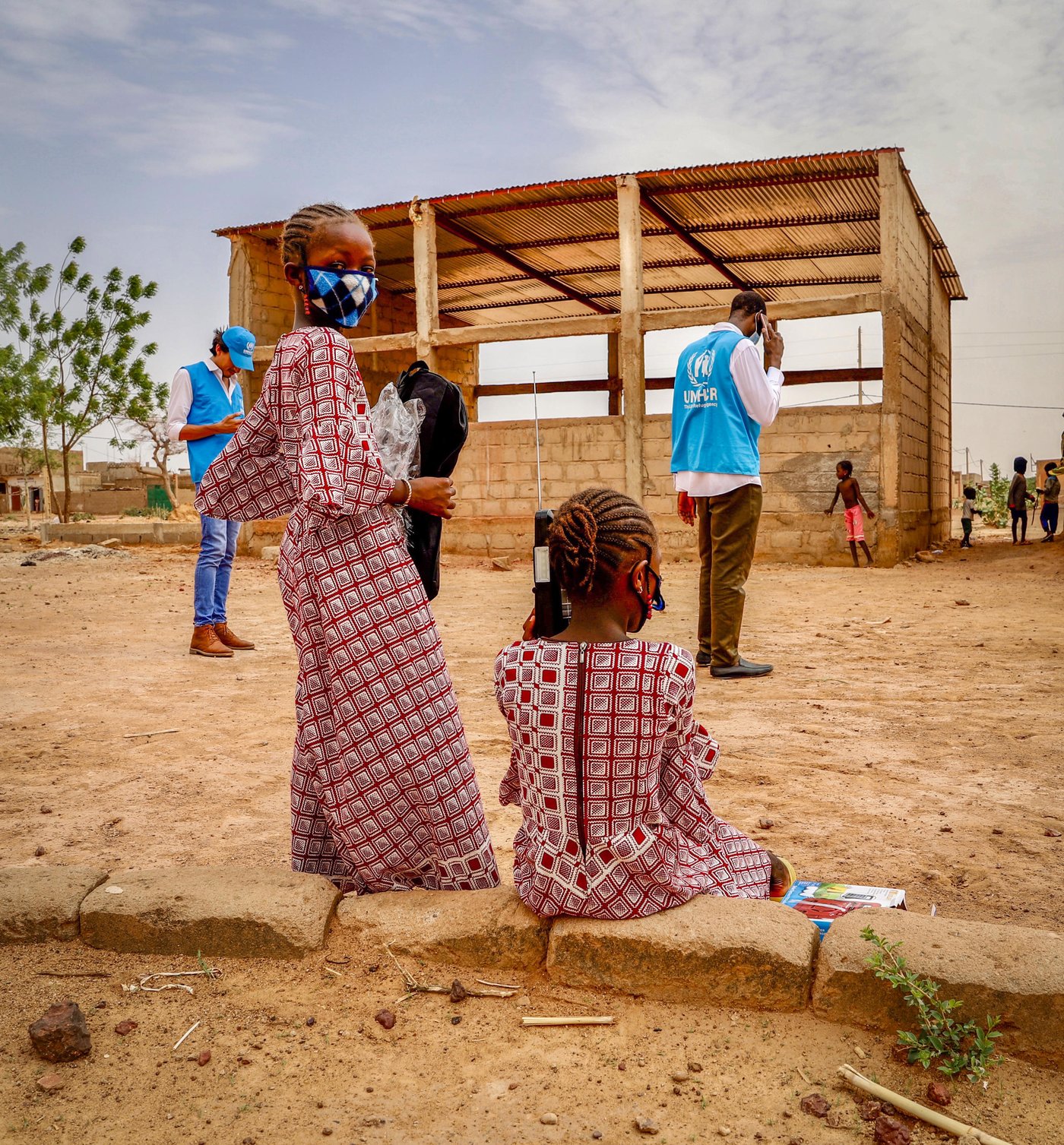
#8: Sending out experts
NORCAP, NRC’s emergency response force, contributes experts in humanitarian operations, development and peacebuilding. By May 2020, about 90 percent of the experts deployed around the world were involved in the Covid-19 response.
NORCAP’s experts have contributed, among other things, to strengthening the education sector’s capacity in terms of infection control measures, distance learning and methods for preventing and treating violence and abuse.
In Mali, where the need for distance learning is already great due to conflict and social unrest, solar cell-powered radios were distributed among 11,000 children so that they could continue their education.
Global statistics show that domestic violence has increased in connection with coronavirus measures. Together with various UN organisations, NORCAP experts have helped to include plans to reduce gender-based violence in the global humanitarian Covid-19 response plan.
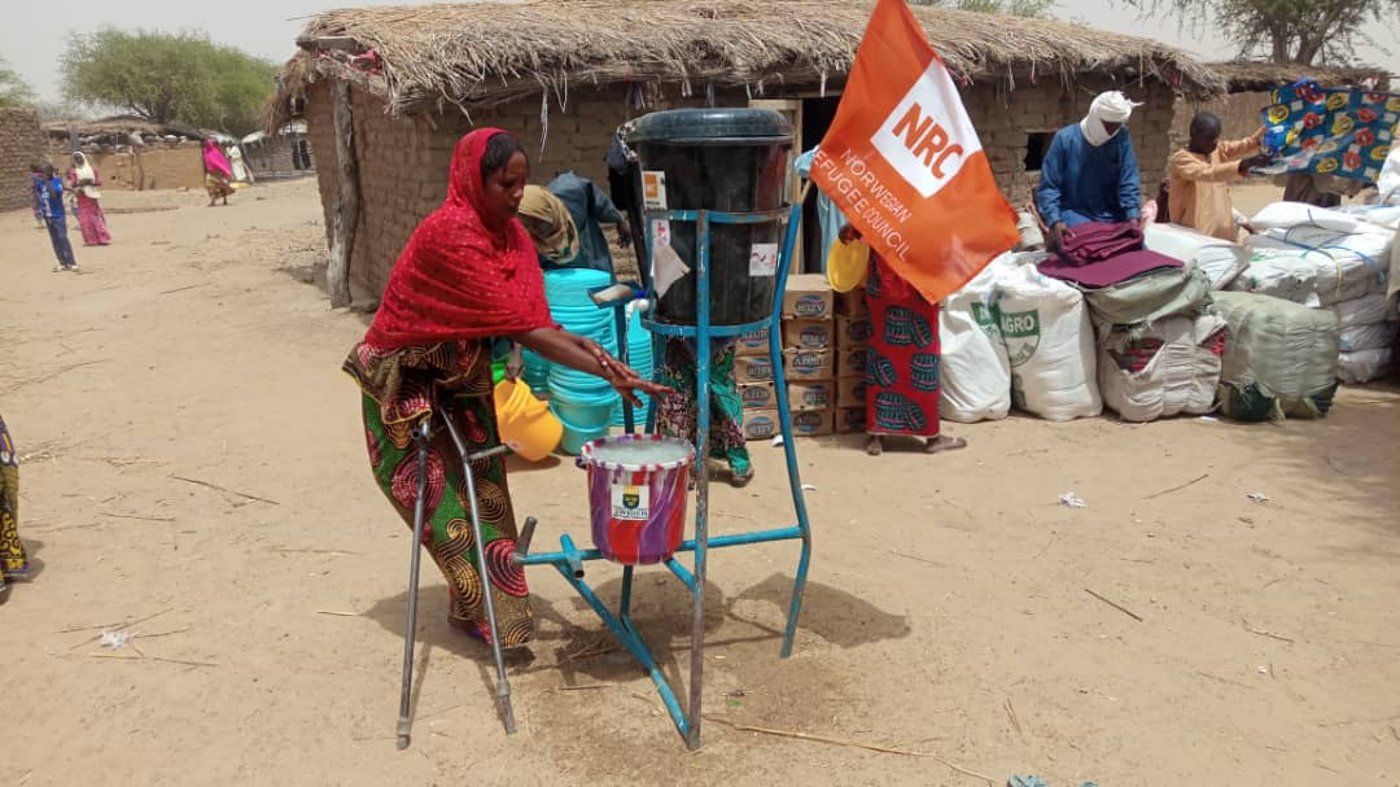
#9: Continuing to provide life-saving help
NRC distributes soap and other emergency items to internally displaced people in Cameroon. We are continuing our efforts, but we must take certain precautions, such as good hand hygiene and social distancing.
Humanitarian needs are not lessened by the coronavirus crisis. Thanks to our supporters and 15,000 dedicated employees in 30 countries, we are able to continue our work of providing life-saving help: creating and operating refugee camps, ensuring people have access to water, improving sanitation, and providing shelter, education and food security, in addition to information, legal advice and free legal aid.
Everyday life has become more demanding both for us and for those we assist. We are now performing more of our work over the phone, on the internet and through digital platforms.


